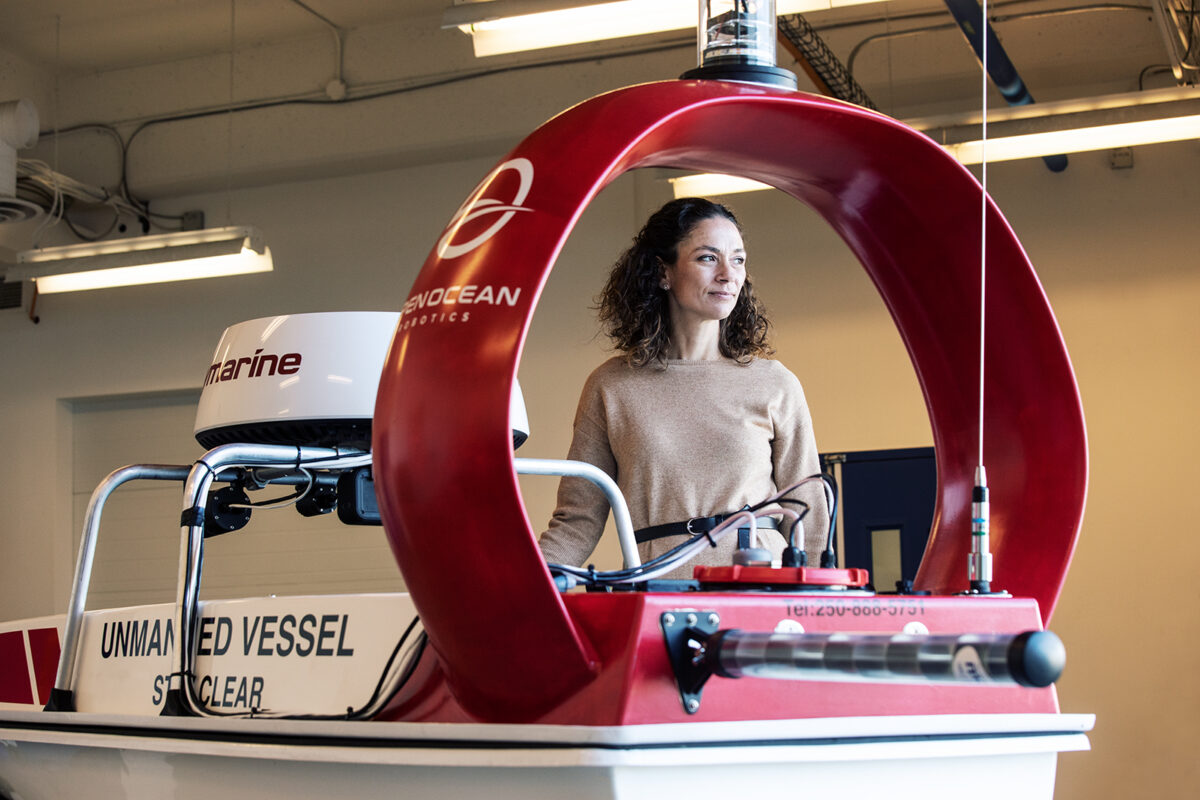You’ve made the huge decision to become an entrepreneur; in other words, you want to become your own boss. For many, the decision to become entrepreneurs stemmed from the fact that they could choose their work hours without having to adhere to a 9-to-5 schedule. Indeed, it is this freedom that makes being an entrepreneur an alluring job. After all, you don’t have the confines of a traditional job, and you have control over your schedule and earning potential.
Nevertheless, have you ever asked yourself how you could use your job to serve yourself instead of being enslaved by it? Many entrepreneurs, in their rush to succeed, are enthralled by working overtime, which can take a heavy toll on their mental and physical health.
If you, like many entrepreneurs, find that your job is demanding more time and energy from you than expected, it’s time to reevaluate your priorities to come up with a business model that supports your personal vision and allows you to reclaim your time and energy while giving you a sense of fulfillment.
You do not necessarily need to give up your business to free up more time for yourself. Consider five strategies that can help you succeed in evaluating your business and reclaiming its true purpose in making it serve you instead of serving it.
Revisit your “Why”
In the rush to become successful, you might find yourself working hours on end. Over time, your business may consume you due to its exponential growth. Nevertheless, to take care of yourself, you’ll need to sit down and reflect. Ask yourself, “Am I achieving my goals?” Once you have a clear answer, you can then honestly evaluate your business schedule to adjust it accordingly and meet your goals.
Conduct a Time Audit
Being an entrepreneur is demanding; sometimes, you might find yourself working 12-15 hours a day without feeling that you accomplished anything. To put things into perspective, it might be helpful to conduct a time audit. A time audit allows you to successfully gauge where you are spending most of your time and energy. It involves tracking how you spend your time over a week or a month. This exercise might feel tedious, but it yields results. You might be surprised to learn that you are spending a tremendous amount of time on a task that deserves less. It can also identify opportunities where it might be more helpful to delegate tasks.
Automate and Delegate Tasks
Undoubtedly, you have much to do, but that doesn’t necessarily mean that you should be the one to do all the work. When you conducted the time audit, you probably found areas where you might be spending more time.
For example, how much time do you spend checking your emails? If the amount of time is substantial, you may want to consider leveraging an automated tool to keep your inbox organized. With the rise of AI, many features can now be automated, freeing up more time for you to focus on things that are truly important, such as strategic planning or client relationships. These value-added activities can have a positive impact on your business.
Set Clear Boundaries
Many entrepreneurs struggle to maintain boundaries. Work lunches and after-hours drinks and dinners can all blur the line between their personal and professional lives. Setting boundaries isn’t easy for many entrepreneurs, after all, they do not want to lose clients. They might feel pressured to say “yes” to opportunities because they fear negative consequences. To secure work opportunities, they feel that they have to be available 24/7; nevertheless, this can quickly result in burnout.
That’s why it’s essential to establish clear boundaries. If the request is not truly urgent, then stick to your schedule. One of the most helpful practices is to ensure that someone can replace you when you need to attend to something else. Having a deputy saves you time and energy, ensuring that you won’t miss out on opportunities.
Reverse Engineer Your Exit Plan
It’s crucial to ask yourself an important question: Can your business function without you? You might wonder why such a question is relevant if you have no plans to retire anytime soon. Nevertheless, with this approach, you can create tangible, sustainable practices at work without your involvement in every tiny little detail. If you can do that, then your business can’t hold you captive if it can function without you.
True happiness at work doesn’t come only from substantial material assets; it is about finding the right balance between earning money and living the life you want without experiencing burnout. When you find the right balance, you will experience true joy and contentment!
David Messiha | Staff Writer



















